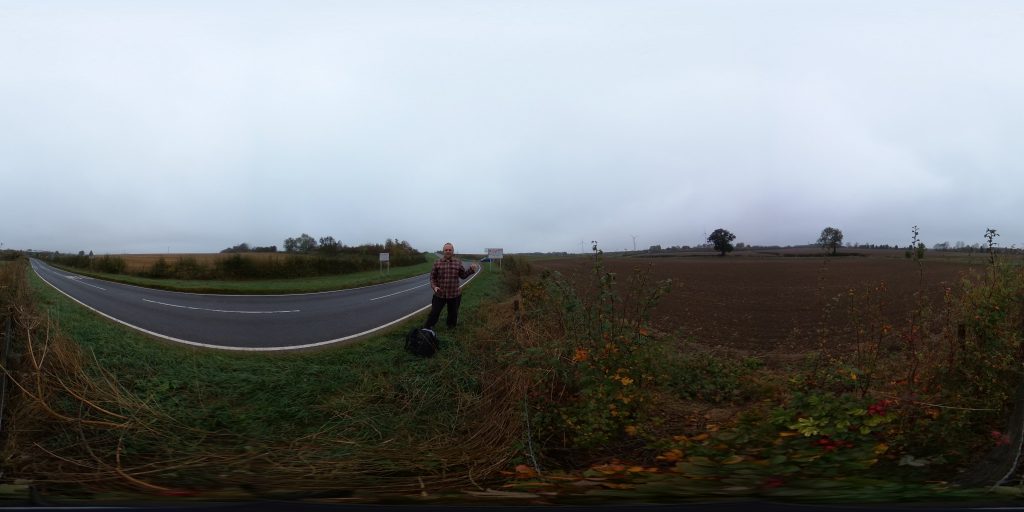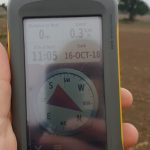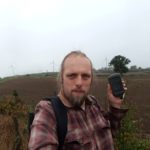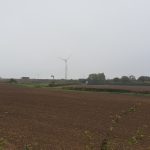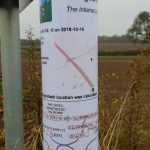There are two stories here. The first is a story about a vision of the web’s future that never quite came to fruition. The second is a story about how a collaborative effort to
improve a popular standard devolved into one of the most contentious forks in the history of open-source software development.
In the late 1990s, in the go-go years between Netscape’s IPO and the Dot-com crash, everyone could see that the web was going to be an even bigger deal than it already was, even if
they didn’t know exactly how it was going to get there. One theory was that the web was about to be revolutionized by syndication. The web, originally built to enable a simple
transaction between two parties—a client fetching a document from a single host server—would be broken open by new standards that could be used to repackage and redistribute entire
websites through a variety of channels. Kevin Werbach, writing for Release 1.0, a newsletter influential among investors in the 1990s, predicted that syndication “would
evolve into the core model for the Internet economy, allowing businesses and individuals to retain control over their online personae while enjoying the benefits of massive scale and
scope.” He invited his readers to imagine a future in
which fencing aficionados, rather than going directly to an “online sporting goods site” or “fencing equipment retailer,” could buy a new épée directly through e-commerce widgets
embedded into their favorite website about fencing.
Just like in the television world, where big networks syndicate their shows to smaller local stations, syndication on the web would allow businesses and publications to reach
consumers through a multitude of intermediary sites. This would mean, as a corollary, that consumers would gain significant control over where and how they interacted with any given
business or publication on the web.
RSS was one of the standards that promised to deliver this syndicated future. To Werbach, RSS was “the leading example of a lightweight syndication protocol.” Another contemporaneous article called RSS the first
protocol to realize the potential of XML. It was
going to be a way for both users and content aggregators to create their own customized channels out of everything the web had to offer. And yet, two decades later, RSS appears to be a dying technology, now used chiefly by podcasters and programmers with tech blogs.
Moreover, among that latter group, RSS is perhaps used as much for its political symbolism as its actual utility. Though of course some people really do have RSS readers, stubbornly
adding an RSS feed to your blog, even in 2018, is a reactionary statement. That little tangerine bubble has become a wistful symbol of defiance against a centralized web increasingly
controlled by a handful of corporations, a web that hardly resembles the syndicated web of Werbach’s imagining.
The future once looked so bright for RSS. What happened? Was its downfall inevitable, or was it precipitated by the bitter infighting that thwarted the development of a single RSS
standard?
…
I’ve always been a huge fan of RSS, and I use it for just about everything (I’ll even hack-it-in to services that don’t supply it natively, just to make them fit around my workflow). But even I’ve got to admit that – outside
of podcasts – it’s not done well at retaining mainstream appeal, especially after the death of Google Reader. Right now, most
people seem content to get their updates from their social media circles, and take a manual approach (ugh) to reading content in the few other places that matter to them. That’s
problematic for all kinds of reasons, and I’m perfectly happy to be one of those old fuddy-duddies who likes his web standards open and independent!
